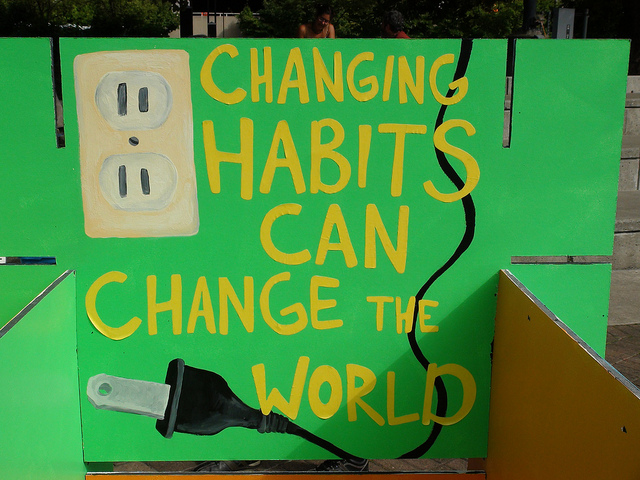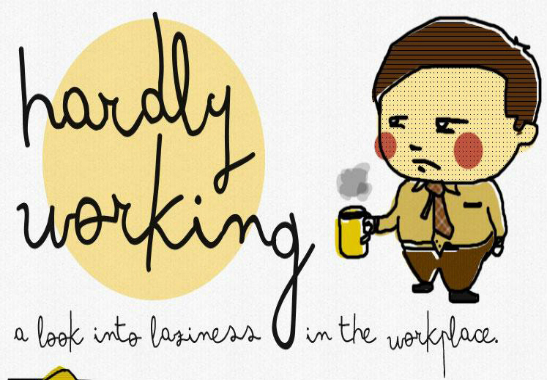Buy This Now to be Happier!
The best tablet I bought not for myself.
This week Thanksgiving is upon us in the US, so I want to talk about helping others as vital part of our personal growth, sense of happiness, as well as our personal success. The interrelationship between helping and receiving is what I call the “Helping Economy.” In a financial economy there are buyers and sellers and in the helping economy there are givers and receivers; both parties are important and we need to play both roles.
Charity, volunteerism, and philanthropy are not new concepts, but helping with a click of a mouse button is a little newer. In some ways, I have wondered if online giving is all too easy and is not the same as the physical work of rolling-up one’s sleeves to do hard, honest volunteer work. Of course, one can argue that both the physical work and the funds donation are equally important. A recent experience has given me new faith that online giving can be part of that impactful and gratifying help.
I went “shopping” on DonorsChoose.org, a site focused on teacher driven donation requests. And I must say it I got a rush of enthusiasm, excitement, and wouldn’t you know…a feeling of happiness. The great thing is that I was able to “shop” for and find a cause and a specific need that I knew I could impact with my donation. I found a teacher in an impoverished area of Los Angeles seeking funds to buy a tablet computer for her class to practice algebra. Instantly, I knew I had to support this; math was/is my worst subject and if I can provide a tool to help students in my community it would fit in with my core values towards supporting education. I was able to finish their donation drive (funds matched by Kia Motors) and I received a note from Ms. Johnson thanking me for my financial help and also believing and inspiring her to continue to be the best teacher she can be.
So I believe the “Helping Economy” is alive and well on the Web and we all should do our part.
5 ways we can live the Helping Economy:
1. The Helping Plan: For some of you, giving is a regular expression of your faith or organizations you are part of. Many of you probably give when there is a big natural disaster or catastrophe. All of that is great. But the challenge is to consider whether all of us can be even more conscious and consistent with our giving; no matter how small or large it may be. Do you have a monthly budget to giving? Do you have a monthly plan on the number of hours you will help volunteer? Do you know how you want to help others? You need not be a big wealthy family foundation to think about a philanthropic plan; the key is that you start now and do it consistently.
2. Make It Personal: Helping and giving is always more meaningful when the cause speaks to your heart. Some of you have causes you are passionate about, while others may need to think longer about whom they want to help. The great thing about websites like DonorsChoose.org, the site for teachers, or Kiva.org, a pioneer in micro-lending, is that you can choose the person, the cause, the specific need, and even the location (country or city) that speaks directly to you.
3. Ask , ”How Can I Help You?”: Our helping and giving extends beyond the online realm of course, and we can really shift our mindset to a “helping mindset” with others around us by uttering these five words. When we genuinely ask others how we may help, a great many thing happen, not the least of which is a heightened connection. From that place of offering help, often comes the reciprocal of how the other person may be able to help you. The giver becomes the receiver and vice versa and the Helping Economy thrives. Try it!
4. Team-Up: Leverage your helping donations or time with others. I like to take advantage of matching-funds opportunities to make my donation go further. When other corporations (or even our companies) are able to match the efforts of donors, more money is raised and everyone wins. I have also had many friends who have started their own charities, for Asian professionals or annual fund raising for community causes, and I have always been impressed that they were able to find others willing to share their vision of help. In some senses, most of us want to help, but it takes a plan and a leader to show us what good we can do collectively.
5. Share Your Experiences: When you share your experiences of helping others with no ego, it is an inspiration for others to do the same. Hopefully, I have inspired a few of you to check-out a new site or to really start to think about what your Helping Plan is for you and how to grow the Helping Economy.










